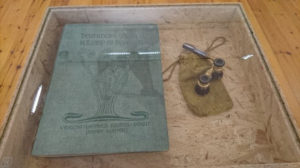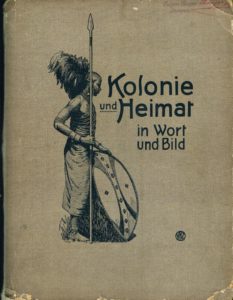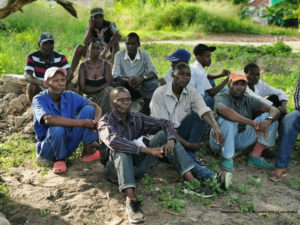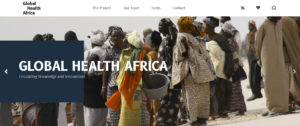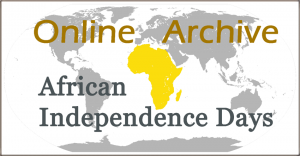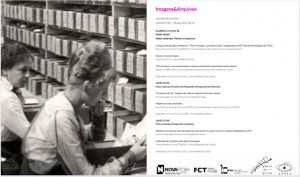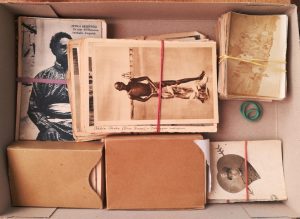1896 kaufte sich der Kameruner Kwelle Ndumbe, der auch als Bismarck Bell bekannt war, ein Opernglas und blickte mit diesem auf die Besucher*innen der Ersten Deutschen Kolonialausstellung im Treptower Park in Berlin. Bismarck Bell, Anführer der Duala-Gruppe, war einer von 106 afrikanischen Teilnehmer*innen der Berliner Kolonialausstellung, die dort das alltägliche Leben in ihren Herkunftsländern vorführen sollten. Der etwa Zwanzigjährige leistete aktiv Widerstand gegen die stereotype Rolle als „primitiver Eingeborener“ und provozierte nicht nur mit seinem Opernglas. Er ließ sich auch in westlicher Kleidung anstatt traditionell afrikanischer Tracht fotografieren und wirkte damit exzeptionell auf die zeitgenössischen, europäischen Darstellungsweisen von Afrikaner*innen ein.[1]
In unserer digitalisierten Welt werden Bilder massenhaft medial reproduziert und global verbreitet. Dadurch verankern sie sich in wachsender Anzahl im kollektiven Bildgedächtnis verschiedener Gesellschaften. Unter anderem historische Fotografien aus kolonialen Zusammenhängen haben in ihrer heutigen, postkolonialen Erinnerung eine besondere Brisanz: Da sie häufig diskriminierende oder kolonialrassistische Bildinhalte transportieren, sehen sich Ausstellungsmacher*innen, die koloniale Themen für eine breite Öffentlichkeit aufbereiten, ohne eine ausreichende Kontextualisierung der Gefahr einer bloßen Reproduktion dieser Bildinhalte und damit eines kolonialen Rassismus gegenüber.
Mit den Postcolonial Studies werden seit den 1990er Jahren die Visualisierungen der Kolonialzeit und des „Anderen“ aus Sicht der deutschen Kolonisierenden, aber auch das Verständnis von Fotografie als kolonialrassistischer Herrschaftspraxis auch in der Geschichtsvermittlung präsenter.
[...]
Quelle: https://visual-history.de/2021/06/28/wer-schaut-hier-wen-an/

